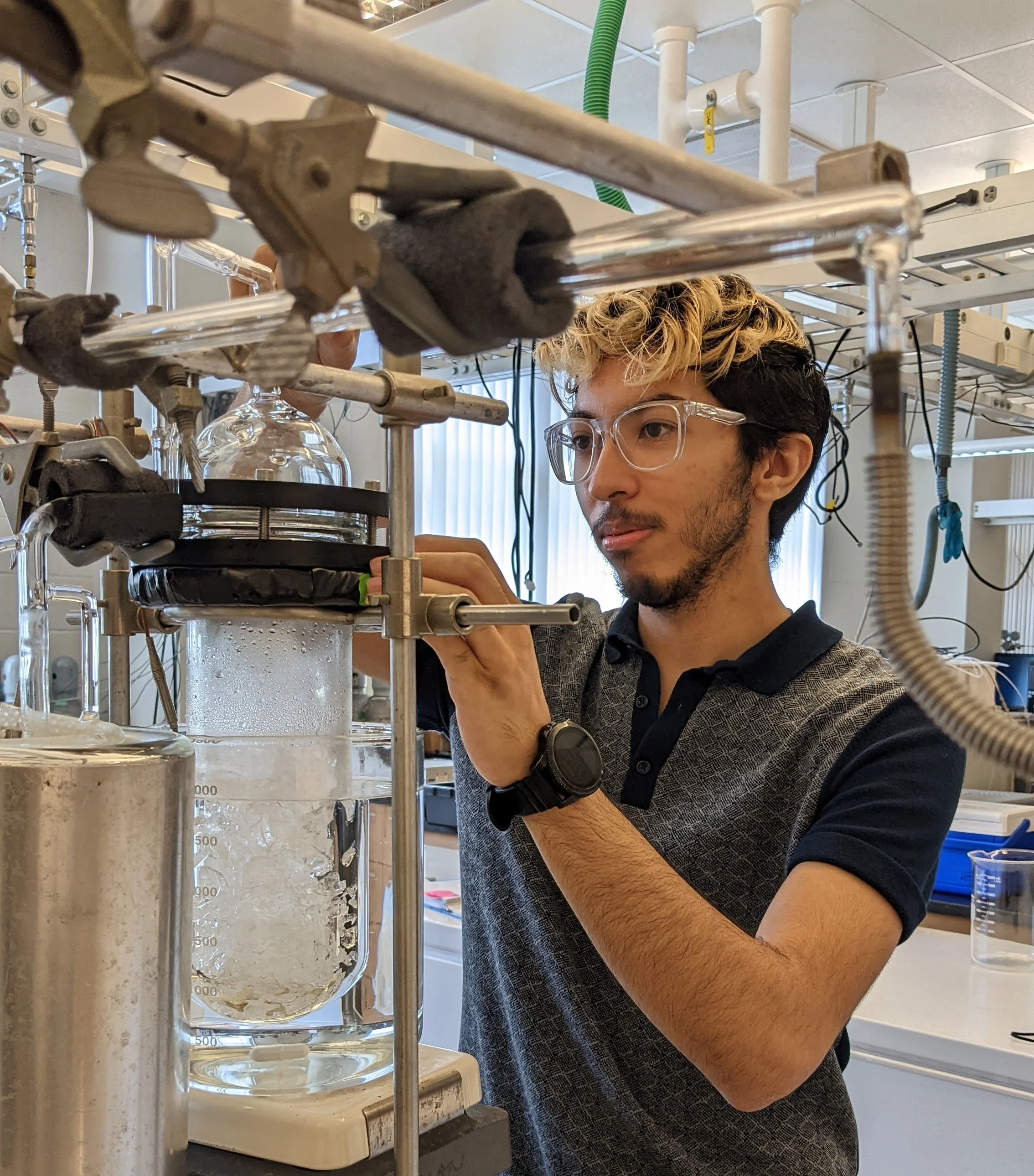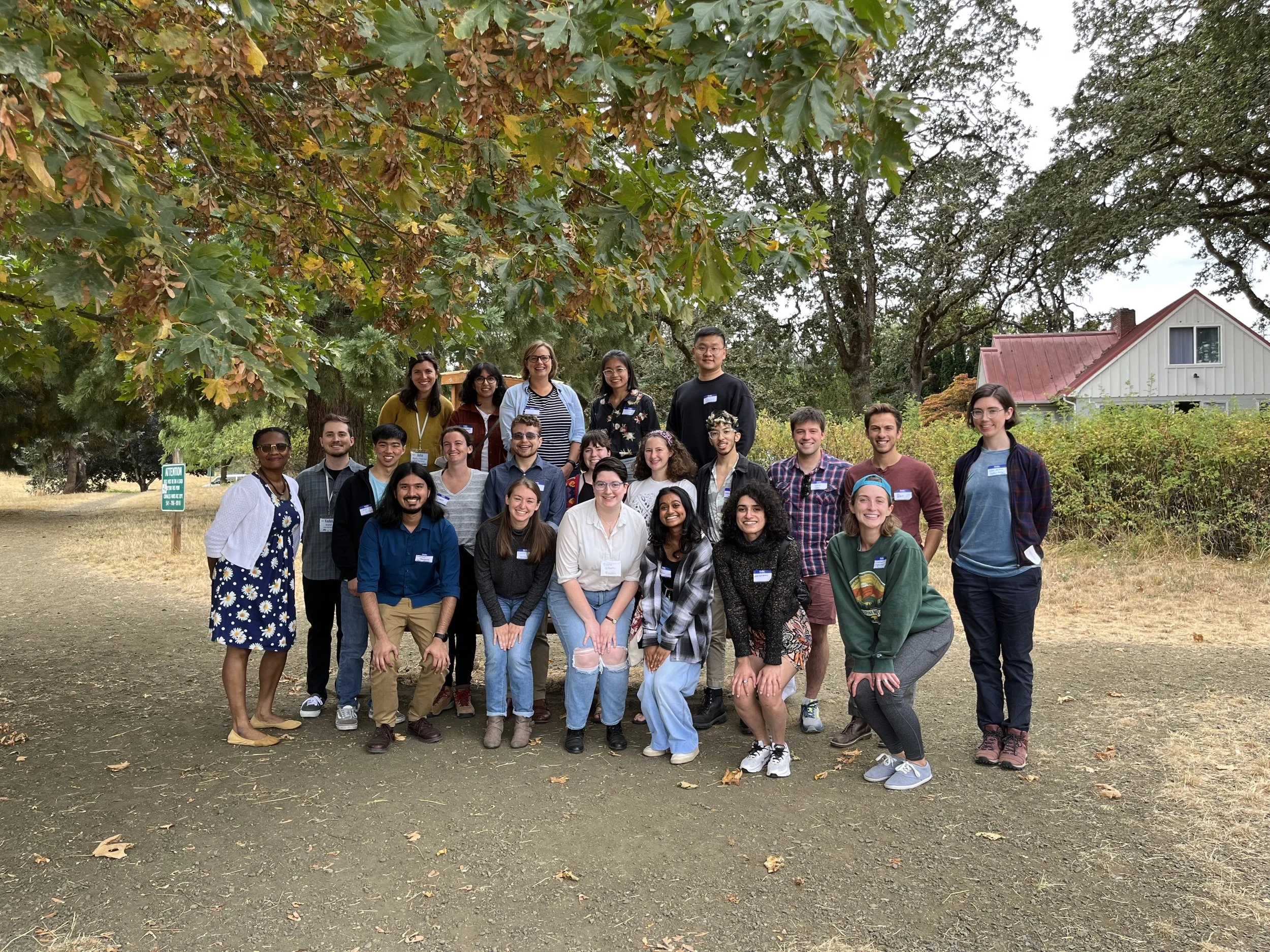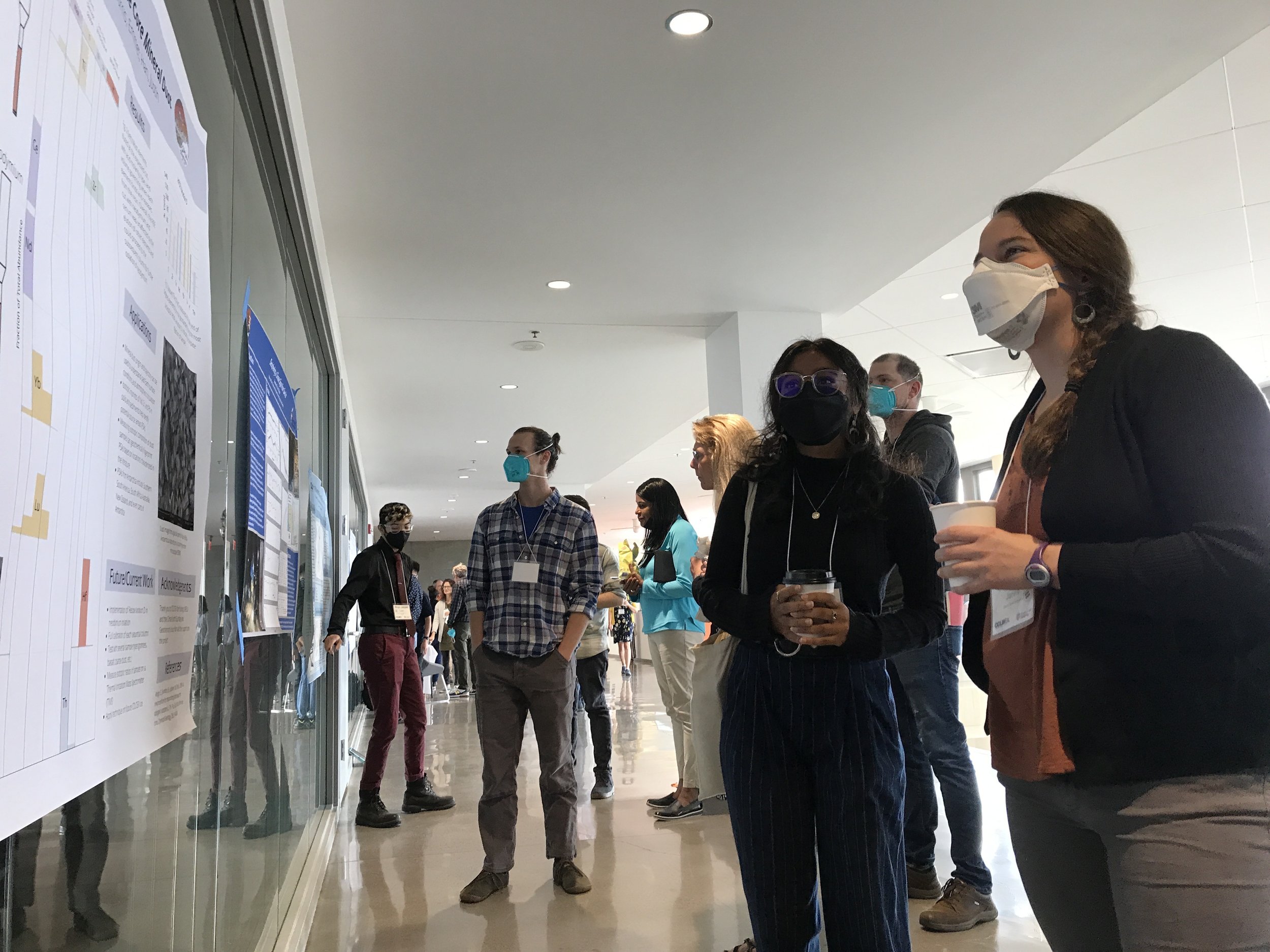Picture yourself presenting COLDEX research!
NSF COLDEX REU students are financially supported to present their research at TWO scientific meetings: The NSF COLDEX Annual Meeting in September and another national conference such as the American Geophysical Union Annual Meeting in December.
Application Preview, Rubric, and Links to Apply
We are aware that the NSF ETAP portal is sluggish and/or not working. We have extended the COLDEX REU application deadline until 2/2/26.
Note: We anticipate running our REU program in the summer of 2026, but there is some uncertainty around the availability of funds. Please stay tuned to this site for any updates.
Spend your summer as an Antarctic researcher!
During your NSF COLDEX REU experience you will work with ice core scientists and researchers to answer questions that will help in our mission to find the oldest ice in Antarctica!
Research topics may include:
Ice core chemical analysis
Oldest ice exploration
Ice sheet modeling
Science communication
Engineering
What will your summer research experience be like?
10 weeks of full-time research work with a research group at a NSF COLDEX partner institution*
Weekly virtual career and research skills workshop series and group social activities
Add to the conversation about the future of Antarctic ice core science and science communication with the opportunity to join in multiple research meetings per month with researchers across NSF COLDEX
$6,000 stipend, round-trip travel to host institution, housing at your host location, round-trip travel to the Fall 2026 NSF COLDEX annual meeting in September 2026 (Dates and Location TBD).
$2000 to present your NSF COLDEX research at a national science conference such as the Geological Society of America Annual Meeting, the National Diversity in STEM conference, or the American Geophysical Union Annual Meeting
* Due to timing and logistics, Antarctic field experience not included in REU program
More support for applicants
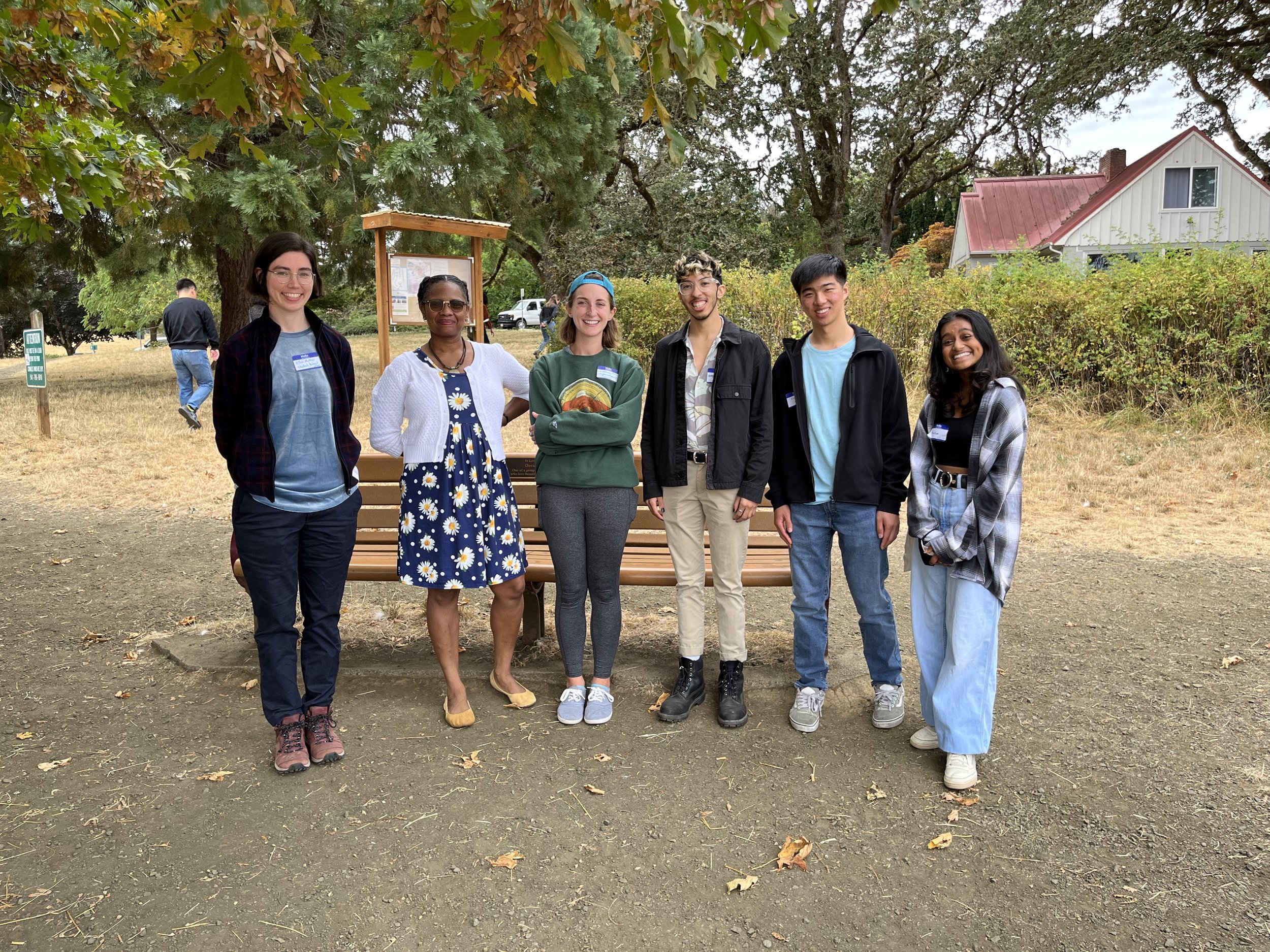
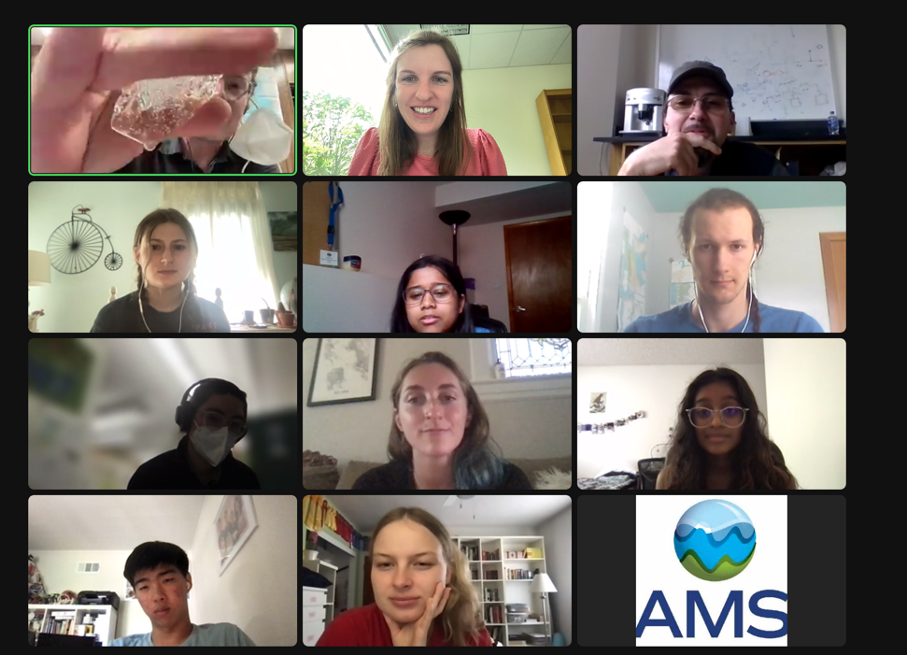
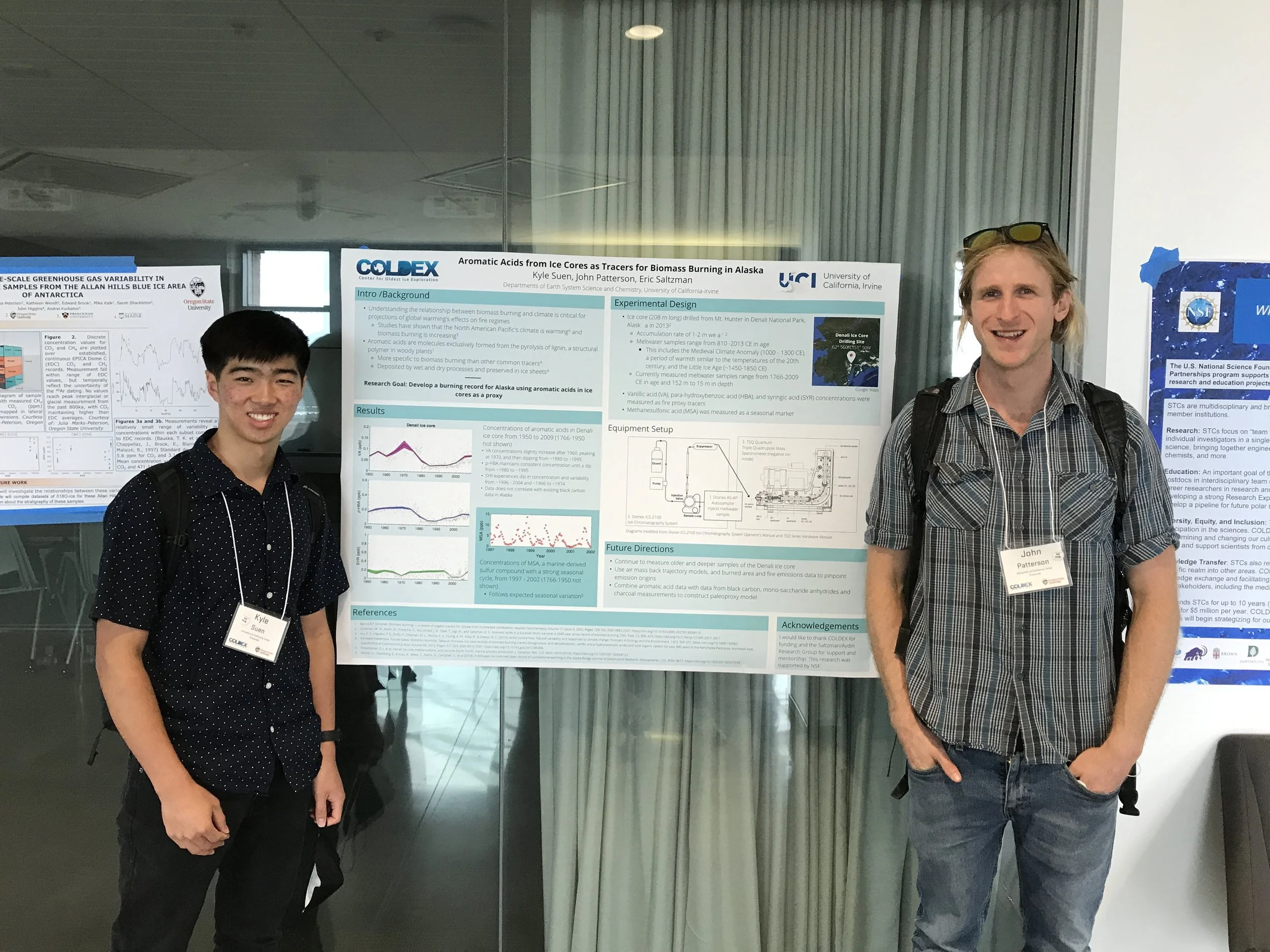
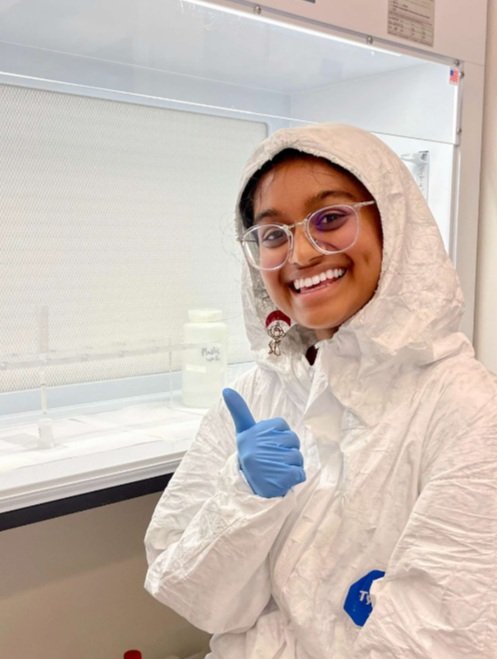
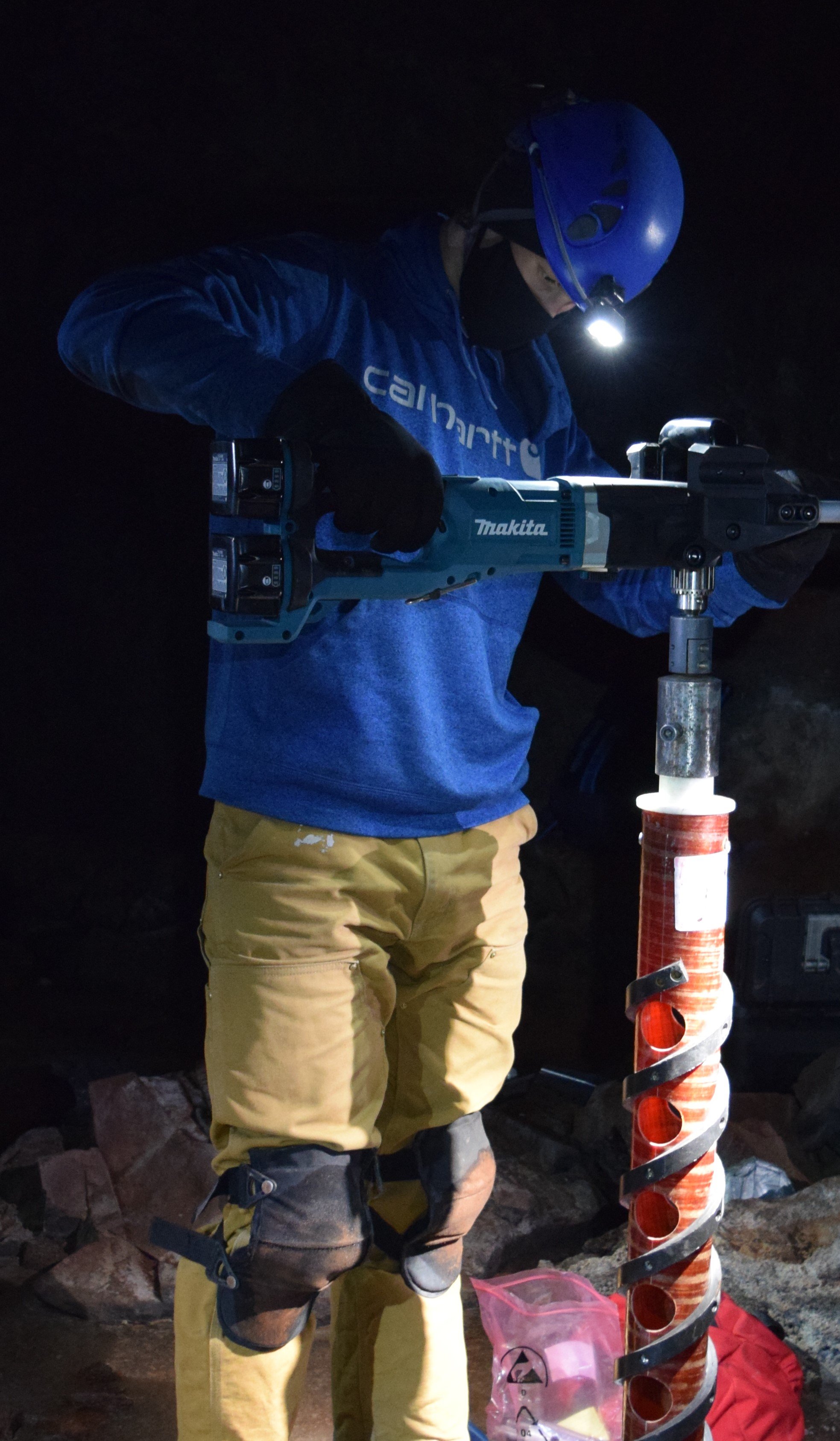
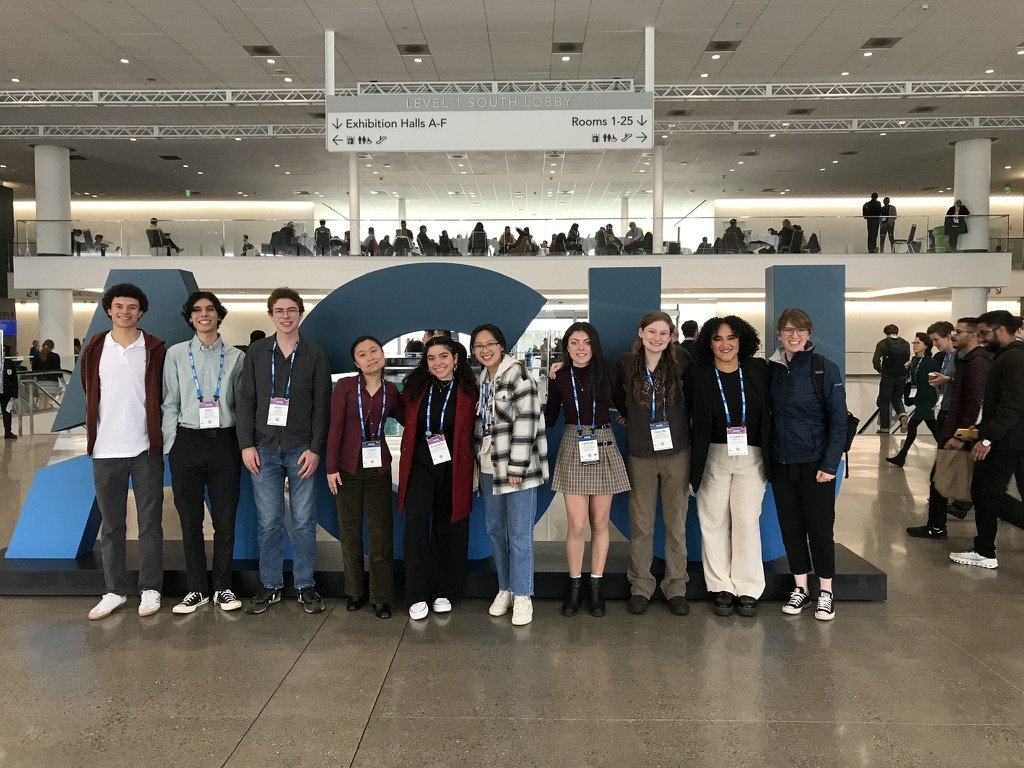
FAQs
-
COLDEX is the United States National Science Foundation (NSF) Center for Oldest Ice Exploration. It is a Science and Technology Center (STC) founded in October 2021. NSF COLDEX is a partnership between 14 different institutions across the United States with a mission to find the oldest ice in Antarctica and increase the diversity of polar researchers in the future
-
Unfortunately due to timing and logistics, the NSF COLDEX REU program does not include field work in Antarctica for our undergraduate participants. However, we hope this experience will be a jumping off point for students interested in the potential of future Antarctica field work.
-
Student participants must be U.S. citizens or permanent residents. Students may apply to participate in the NSF COLDEX REU for the summer after their first year through the summer after they graduate from an undergraduate program.
-
The virtual orientation will be held the first week of June. The dates for when in-person work will begin and end are largely dependent on the individual student and mentor team. The majority of our NSF COLDEX host institutions are term or quarter-based, meaning on-campus housing will not be available until mid to late June. The majority of our previous REU participants moved to their host locations by the second or third week of June and then left their in-person location by mid-August. Different start and end dates can be discussed with your mentor.
-
The COLDEX REU takes place at one of the COLDEX partner institutions. For Summer 2026, this will likely be:
Oregon State University (OSU)
University of Texas Institute of Geophysics (UTIG)
University of California, Irvine (UCI)
University of Maine
NSF Ice Core Facility
Each institution specializes in one of the pillars of COLDEX research (ex: geophysics, or ice core gas analysis)
-
Yes! NSF COLDEX REU participants will receive a $6,000 stipend, round trip travel to their host institution, housing for the summer, and round trip travel to Corvallis, Oregon for the NSF COLDEX annual meeting in September as well as to present at one of the following conferences: Geological Society of America, National Diversity in STEM, or American Geophysical Union.
-
Applications will be open December 1 and close Feb. 1 at 11:59 pm Eastern Time (ET).
-
1) How will this REU experience support your academic and career goals? What skills, knowledge, and abilities do you hope to develop during this REU? (Must be 300 words or less)
2) What qualities, characteristics, and skills will you bring to our REU program as a result of your work/activities/volunteering/other life experiences? You may want to consider how your previous experiences have prepared you to be successful in a summer research experience, which often requires perseverance, creativity, hard work, and collaboration within a team of peers and/or mentors. (Must be 300 words or less)
-
We ask for the names of two references. We recommend these be professors or former and/or current supervisors for work or volunteering experiences. We may reach out to these references in mid-late February for those in our top 20 applicants only.
-
Students selected to participate should hear by the first week of March.
-
Accepted participants will be matched with a research mentor based on a combination of your indicated research areas of interest and fit with the needs of the research project.
-
Students should expect to be working full time on their research project for approximately 10 weeks over the summer. Students are expected to attend the online orientation at the start of the summer and the majority of weekly career skills workshops. Students are also highly encouraged to attend monthly research seminars and NSF COLDEX group meetings.
-
Students will take part in our weekly career and research skills workshop series. Topics typically include:
Anti-harassment and anti-discrimination in research
Crafting research questions
Science communication
Antarctic field work panels with NSF COLDEX researchers
Grad School Q&A with NSF COLDEX graduate students
How to give a good science talk/presentation
Attending conferences and presenting posters
Career panels outside academia
-
Typically, projects will span a variety of research topics in:
the chemistry of ice, dust, and gases in Antarctic ice cores
use of previously collected geophysical data to explore old ice layers
computer modeling of ice flow and ice dynamics
how ice core science is communicated between scientists, industry, and the general public
-
All student participants will present their summer research at the NSF COLDEX annual meeting typically held in early September. Students also will be financially supported (up to $2000) to present their research at either the Geological Society of America, National Diversity in STEM, or American Geophysical Union conferences in Fall 2025.
-
Yes. Unlike other REU programs, we CAN accept students for a second summer. However, you must apply through the same application process as other applicants and your participation is not guaranteed.
-
Unfortunately, due to the sheer number of applicants (averaging 300 a year), we are not able to give individual feedback to applicants. However, below are some general tips for future applications (whether it be through COLDEX or other programs):
Don't rely on ChatGPT to write your open-ended answers. ChatGPT doesn't write like a scientist, and it ends up being somewhat obvious (way too many superfluous adjectives). You can certainly use it as a tool to help you, but you as a human are much better at expressing why and how you will be a good fit for a specific program.
Look up something (or a couple things) specific about the program you are applying to and mention them in your application (mostly this pertains to the point below...)
Be sure to clearly mention how this specific program will help you achieve your goals. Although "gaining scientific research experience" and "preparing for graduate school" are excellent reasons to do an REU program, most other applicants all say these things (and they are sort of the basis of all REUs!) Try to be more specific about why a research project with our program (vs. another) will specifically help you achieve your goals. You want your application to stand out to us as someone who really would benefit from our specific program.
-
For questions about the REU program, please email NSF COLDEX Director for Education Dr. Keely Corder at keely.corder@oregonstate.edu (on leave until Jan 2026) or NSF COLDEX Coordinator for Education, Outreach, and Engagement Dr. Mindy Nicewonger at mindy.nicewonger@oregonstate.edu.

